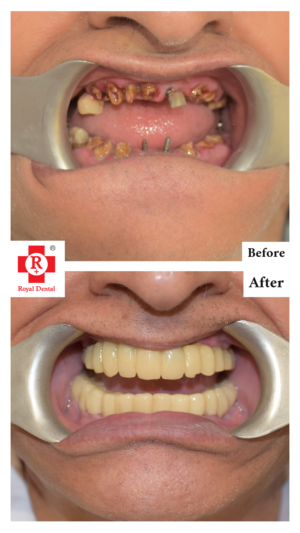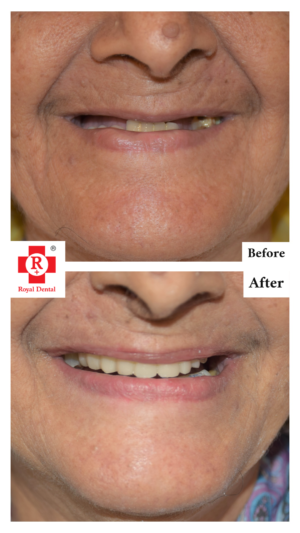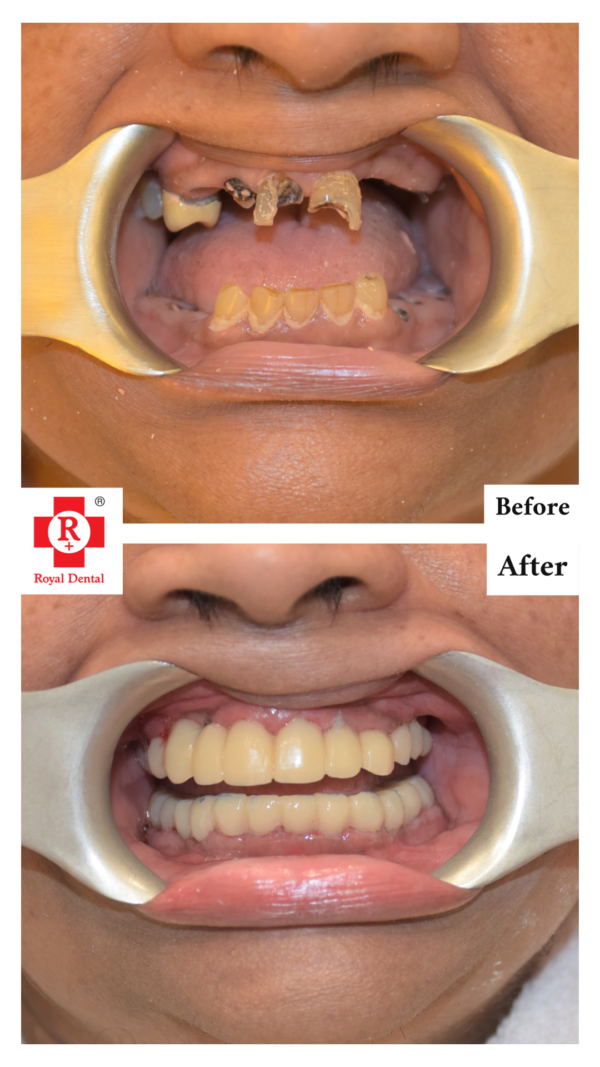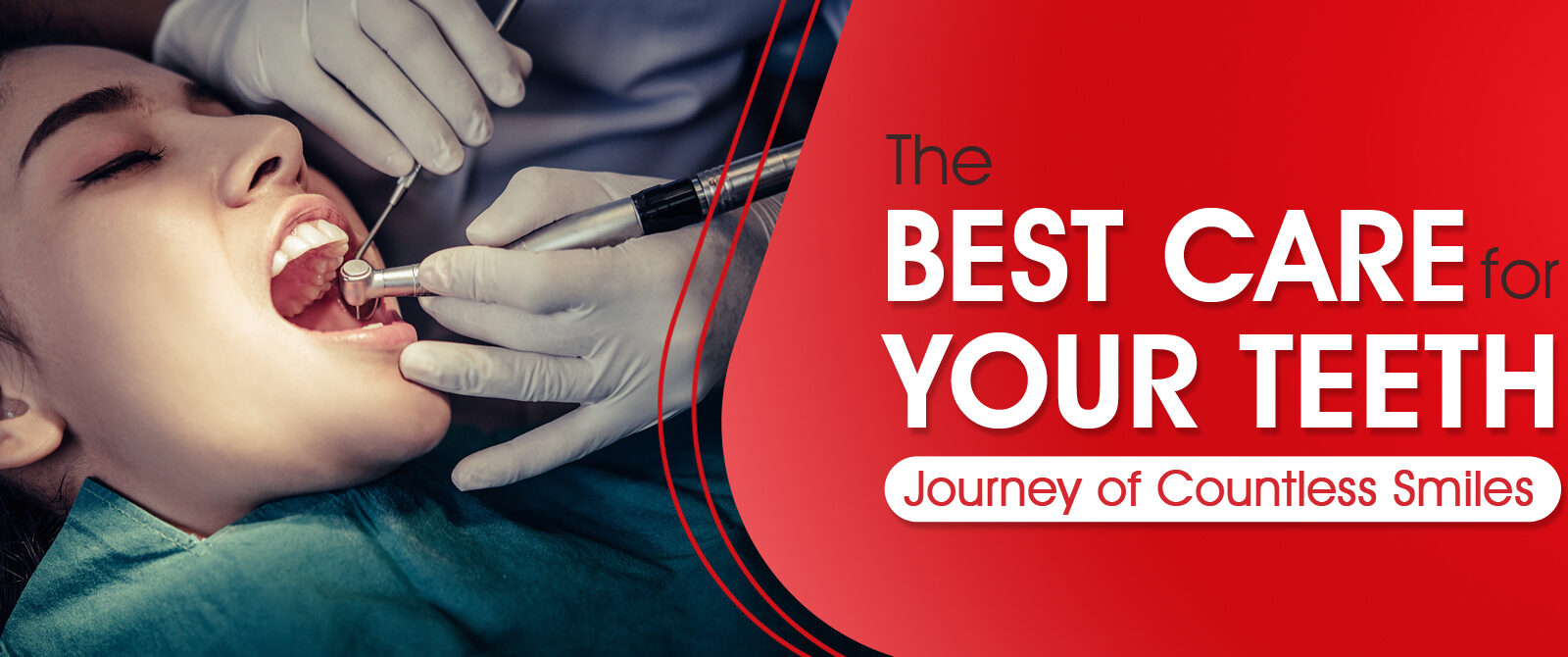Dental implants are a great way to replace missing teeth and give you that perfect smile you’ve always wanted. However, taking care of your dental implants is an important task that you must do to ensure your implants last for a long time. This guide will provide you with tips and tricks on how to take care of your dental implants, so you can enjoy your perfect smile for years to come. With these tips, you’ll learn about the importance of brushing and flossing regularly, how to select the right type of toothbrush and toothpaste, and how to keep your implants clean and free of bacteria.
Benefits of Dental Implants
Dental implants have many benefits over other tooth replacement options, such as dentures or bridges. For example, implants are long-lasting and will not break, chip, or wear out over time. Implants also provide better support for your jawbone, so they’re less likely to cause sagging or loss of facial volume compared to other tooth replacement options.

Teeth screws do not require the constant upkeep that dentures do. Because they are placed directly into the jawbone, implants do not trap food particles or bacteria in them like dentures do, making them less likely to cause gum disease. All in all, dental implants can provide a long-lasting solution to replacing missing teeth and maintaining good oral health.
Importance of Brushing and Flossing
One of the most important tips you can follow when taking care of your dental implants is brushing and flossing regularly. Brushing at least twice a day and flossing once a day can remove harmful bacteria from around the area of your implants, helping to prevent gum disease and tooth decay. It’s important to note that you shouldn’t brush around your implants, as this can cause damage to the tissue around the implant.
Instead, it’s best to use a soft-bristled dental pick to clean this area. For the best results, use a toothpaste that is formulated for dental health, such as Colgate Total. These types of toothpaste contain ingredients that can help reduce tooth decay and gum disease, as well as freshen your breath and improve your overall oral health.
Selecting the Right Toothbrush and Toothpaste
When selecting a toothbrush for your dental implants, it’s important to choose a soft-bristled brush that can clean your teeth and gums without damaging the delicate tissue around the area of your implants. Avoid hard-bristled brushes, as they can cause damage to the gum tissue around your implants, leading to inflammation and bleeding. For the best cleaning power, use right brushing technique. Do not use an electric toothbrush, which features rotating bristles that can lead to loosening of screws due to vibrations.
Keeping Your Implants Clean and Free of Bacteria
While brushing and flossing are important for keeping your dental implants clean, they can’t reach all areas of your mouth, including the crevices of your teeth. For the best results, use dental irrigations, such as Colgate Oral Health Rinse with Baking Soda, to clean these hard-to-reach areas of your mouth, as well as your dental implants.

Dental irrigations, such as mouthwash, can help kill bacteria, eliminate bad breath, and reduce plaque on your teeth, including your dental implants. Be sure to use a mouthwash that is alcohol-free and safe for use around dental work, such as Colgate Oral Health Rinse with Baking Soda. Avoid mouthwash that contains alcohol, as it can dry out and damage the tissue around dental implants.
Regular Dental Check-Ups
Although brushing and flossing are important daily habits, it’s also crucial to visit the dentist regularly for check-ups. A dental check-up can help identify problems in the early stages when they are easier to treat. During your check-up, your dentist will examine your teeth and gums, as well as your dental implants, for any signs of dental diseases, such as tooth decay or gum disease.



Your dentist may also perform a few tests during your visit, such as a dental exam or X-rays, which can help them identify problems with your teeth and gums, including dental implants. During your dental check-up, your dentist will also discuss with you any changes you should make to your oral health routine, such as brushing or flossing more often, in order to prevent dental disease and keep your dental implants in top shape.
Tips for Maintaining Your Dental Implants
Brush and floss regularly. Brush twice a day and floss once a day for two minutes to remove harmful bacteria from around your dental implants. Use dental irrigation. Use dental irrigations, such as mouthwash, to clean the crevices of your teeth and gums, including around your dental implants, to help prevent dental disease.
Visit your dentist regularly. Visit your dentist regularly for check-ups and to identify problems in the early stages, when they are easier to treat. Avoid smoking and alcohol. Avoid smoking and alcohol to help prevent gum disease, which can lead to damage around. A Avoid excessive stress. Avoid excessive stress to keep your immune system strong and help prevent dental disease.
Conclusion
Tooth implants are a great way to replace missing teeth and give you that perfect smile you’ve always wanted. To keep your implants in top shape, it’s important to follow these tips for taking care of them. Regularly brush your teeth for two minutes and floss once a day, use dental irrigations such as mouthwash, visit your dentist regularly for check-ups, and avoid smoking, excessive stress, and alcohol to help prevent dental disease. With these tips, you’ll have the knowledge and confidence to maintain your dental implants so you can enjoy your perfect smile for years to come.






